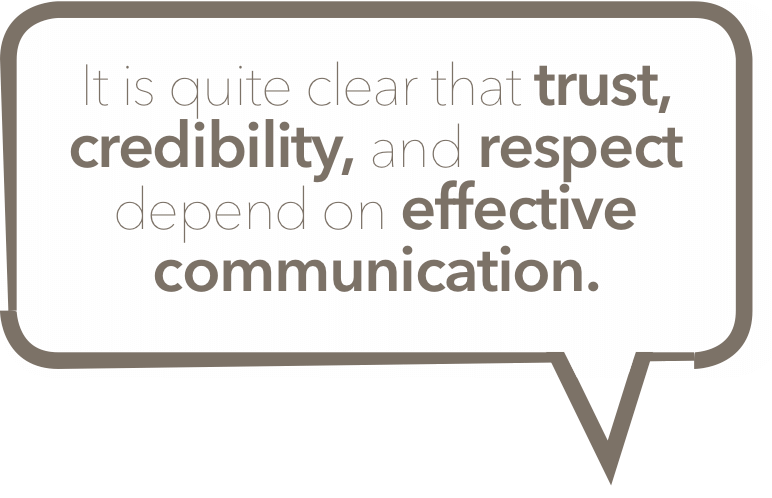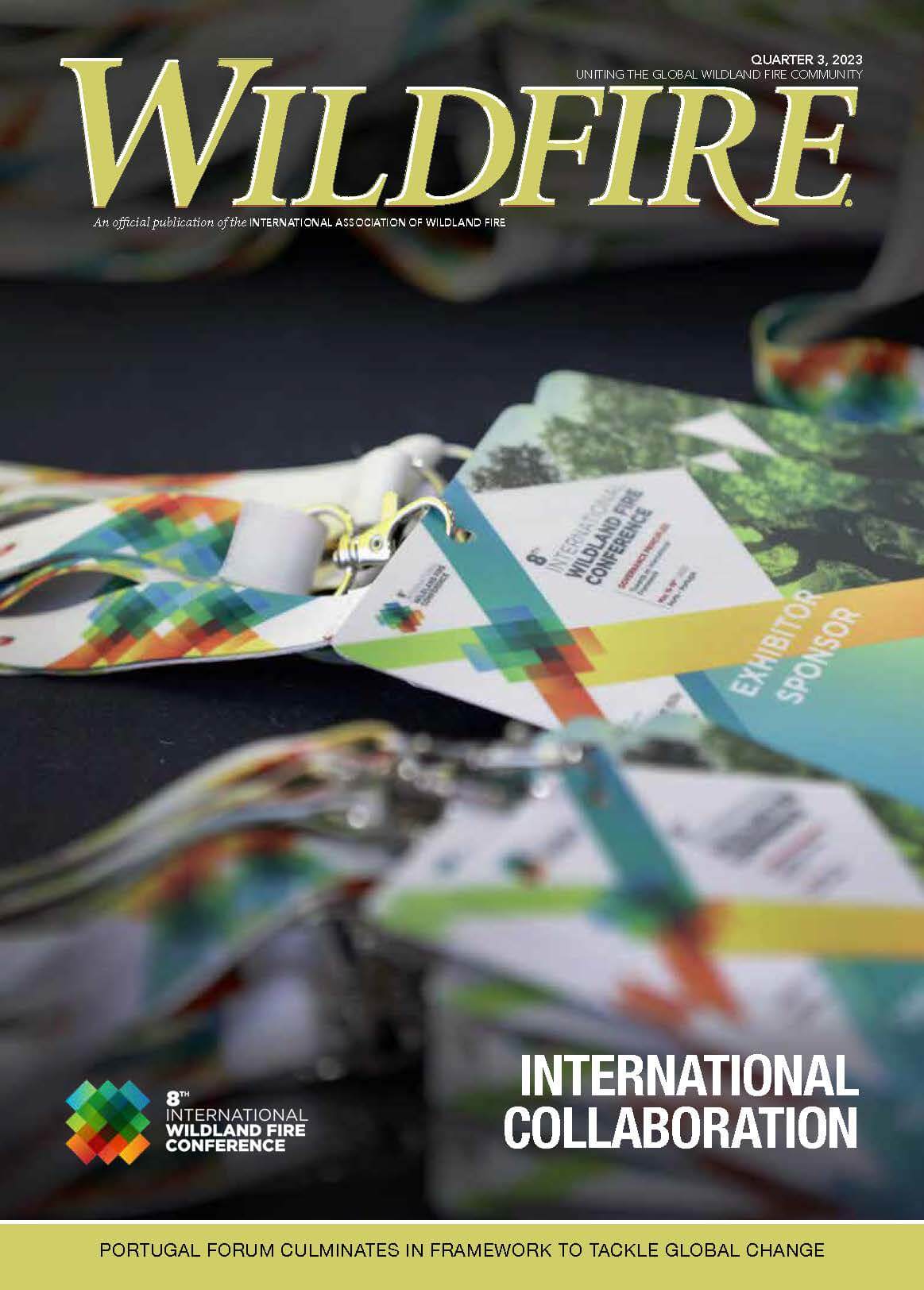Recently I witnessed a high ranking elected official, when asked by a reporter what was driving longer and more frequently severe fire seasons, calmly turn to the reporter and begin his response “Well, climate change.”
He then went on to show a notable grasp of both climate change and fire that was simultaneously well-informed, credible, articulate, yet down-to-earth. I was reminded in that moment of how leadership often requires courage and nearly always requires effective communication that connects leaders and the people they wish to lead. Witnessing that exchange also reminded me of how essential both courage and effective, credible communication are when influencing public opinion on big issues on which everyone may not agree.
In a place where acceptance of climate change still elicits everything from eye-rolling skepticism to open disdain from influential citizens and political leaders, to calmly attribute intensifying fire problems to it takes a little bravery; particularly for an ambitious politician. A couple of years ago, I read an article by Bill George (https://hbswk.hbs.edu/item/courage-the-defining-characteristic-of-great-leaders), a Senior Fellow at the Harvard Business School, who referred to courage as “the quality that distinguishes great leaders from excellent managers.” I liked that and it stuck with me. George wrote about how courageous leaders boldly take risks and go against the grain; and that their boldness both inspires people and puts them and their organization in the position of leading societal change. As importantly, he discussed how leaders needed courage to stick to their principles and not give in to the fear of facing criticism or even failing.
I see this need every day, all across the wildland fire service. The folks who are getting it done are those who are willing to get real with their constituents and their political bodies about, among other things, the climate, development in the wildland-urban interface, and the need for communities to adapt to fire.
While some Wildfire readers may accuse me of naiveté, I have been observing for years that people, ranging from individual private landowners to key members of important legislative committees, respect fire service leaders who act on principle, stick to their guns, and articulately tell them what they need to know, even if they don’t really want to hear it. Too often, I see members of the fire service wilt at the first whiff of public opposition or, worse yet, self-censor to avoid it. When that happens, trust erodes. If you don’t believe what you are saying enough to defend it, then why should I believe you? When trust erodes, credibility suffers. When we find someone less than credible, we struggle to respect them. If I do not respect a person, I struggle to see them as trustworthy and their thinking plausible.

It is quite clear that trust, credibility, and respect depend on effective communication. I have witnessed too many fire personnel, many with street cred coming out of their ears, struggle in critically important circumstances because of ineffective communication. In the exchange between the politician and the reporter the elected official, from his prominent seat at the head of the table, spoke directly to the reporter; used his name; maintained good eye contact; and spoke in a clear voice at an appropriate volume and with good modulation of his voice. He smiled and seemed friendly without diminishing the seriousness of the subject at hand. Most importantly, he kept his remarks succinct, only saying what he needed to, and used words that were easily understandable by non-experts.
In our rough-and-tumble world, leadership often requires courage which, according to the Merriam-Webster Dictionary, is the mental or moral strength to venture, persevere, and withstand danger, fear, or difficulty. When it comes to leaders and leadership, I will always remember Bill George’s observation that courage is “the quality that distinguishes great leaders from excellent managers.” In the exchange that I recently witnessed, an experienced political leader boldly took a risk, knowing that what he was saying rubbed against the grain of many of his constituent; he stuck to his principles and showed no apparent fear of facing criticism. However, courage and principles will only get you so far without the capacity to communicate. Effective leadership — the ability to connect with the people we wish to lead — nearly always requires quality communication.
I felt lucky to have witnessed the exchange between an experienced leader and a reporter from one of the state’s largest newspapers. I was impressed with how that leader came across as well-informed, credible and articulate — yet he also communicated in an easy to understand, down-to-earth style that connected, not only with the reporter, but with the rest of the people in attendance. Witnessing this exchange reminded me of how essential both courage and effective, credible communication are when influencing public opinion on big issues on which everyone may not agree.
+

Mike DeGrosky is Chief of the Fire Protection Bureau for the Montana Department of Natural Resources and Conservation, Forestry Division. He taught for the Department of Leadership Studies at Fort Hays State University for 10 years. Follow Mike on Twitter @guidegroup or via LinkedIn.
